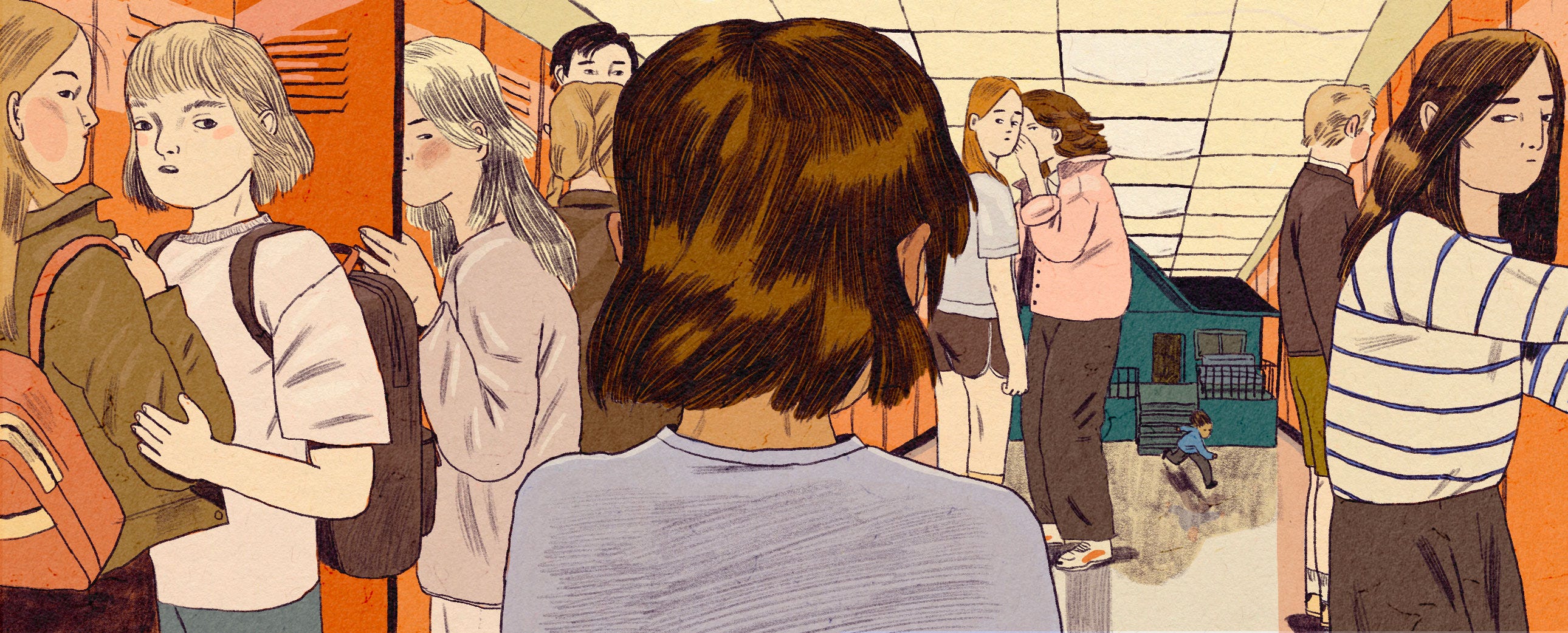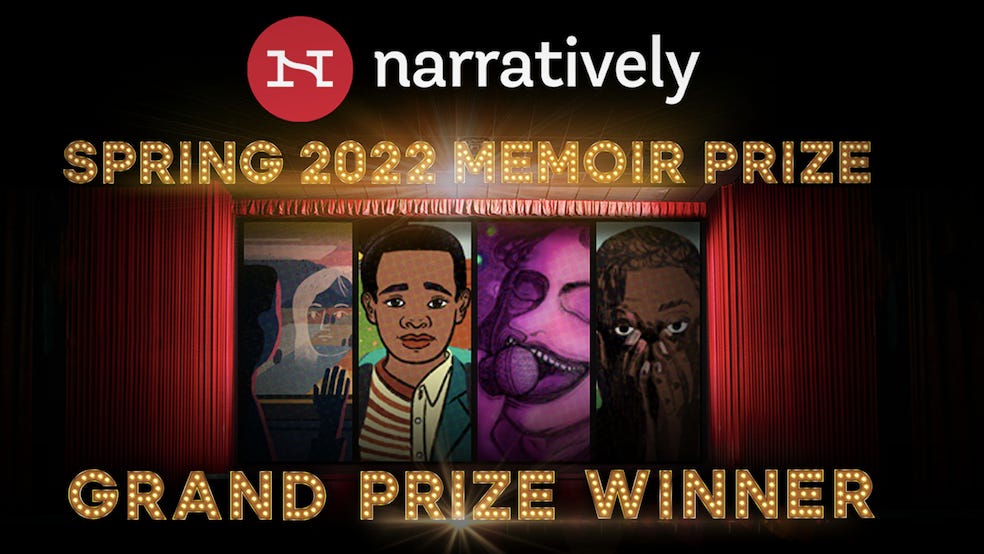Murder to Middle School
I was 13 when my father was killed right before my eyes. Two weeks later, while everyone in our small town obsessed over his grisly death, I embarked on a new horror: 8th grade.
Who thought it was a good idea to send me back to school? Was it even discussed? Was it just to keep things moving forward, as if nothing had happened at all? I lived in a small town. I had gone to school with the same 40 kids since the second grade and everyone knew everyone else’s business. It was no secret what I had been through just two weeks earlier. I knew I’d be walking through the halls with a neon sign over my head reading, “It’s me, the girl you heard about on the news.” It was all hushed whispers and turned backs, like they didn’t know me anymore, like they hadn’t known me since I was 7 years old. Even among the kids I used to call friends, I felt so alone.
I pushed the heavy metal doors open, hot from the early morning sun, and made my way toward homeroom. My heart was thumping out of my chest, but I retained the cool, calm facade that I would wear for the next 20 years. The teacher was Mr. Nichols, an old white man with thinning hair wisping across his head. He’d never really liked me, and the feeling was mutual. I had seen him degrade a student; she had walked up to ask him a question and her spiral notebook caught his sweater. He immediately got angry and said in a venomous tone: “What are you doing? Look what you did!” I was shocked by the way he’d exploded at her, and ever since then I hadn’t liked him one bit.
I made my way to a desk next to Kelly, the only person I felt comfortable sitting by. Tall, with dark brown hair and a perfect sprinkle of freckles spreading across her nose and cheeks, she had been my close friend for many years, and she made me feel normal. I didn’t feel so out of place or nervous sitting by her side.
The principal came to the door, interrupting Mr. Nichols, and said he needed a volunteer to show a new girl around the school. Could he possibly borrow Kelly? She got up and moved toward the door. The farther away she got, the more my head buzzed, the room shrinking around me, the posters of safaris and world maps getting closer and closer. My heart pounded and sweat beaded on my forehead: My first panic attack. I didn’t understand why they didn’t know how much I needed her — that I was barely making it through the first 10 minutes of school. How would I make it through the day, let alone the entire year?
Keep reading with a 7-day free trial
Subscribe to Narratively to keep reading this post and get 7 days of free access to the full post archives.





